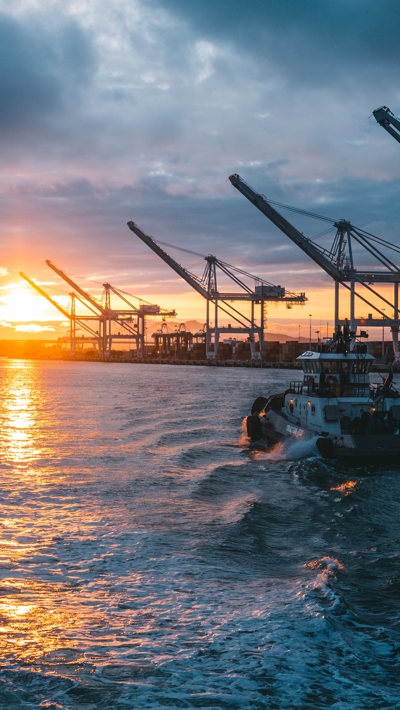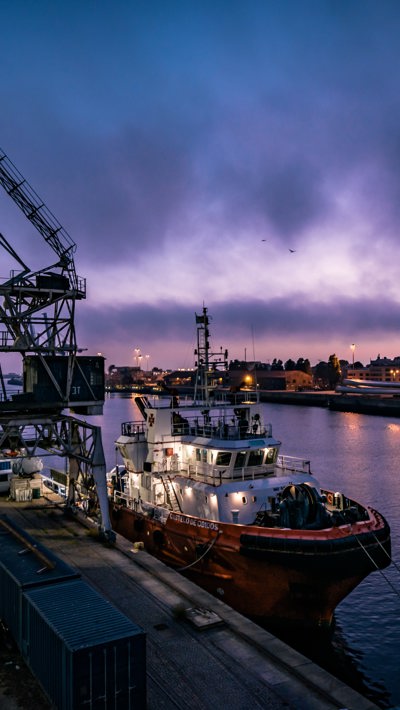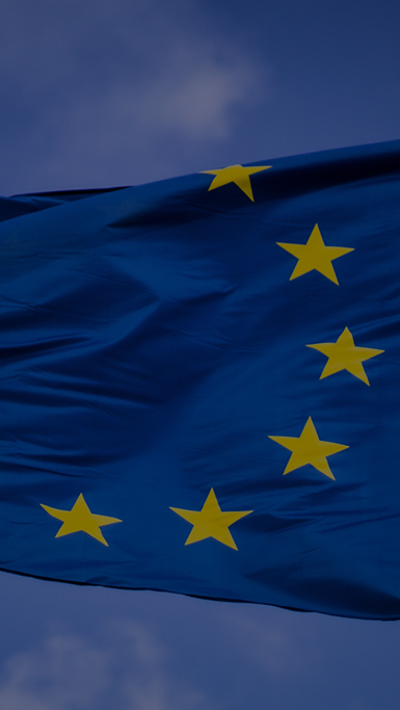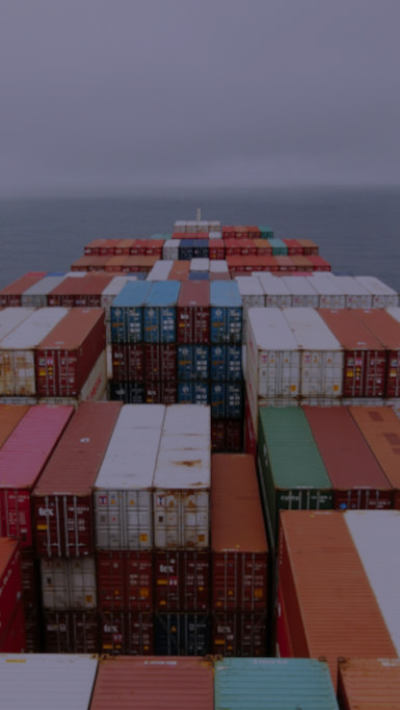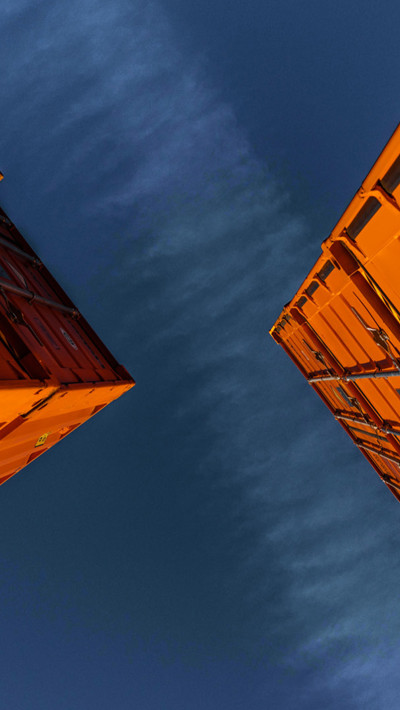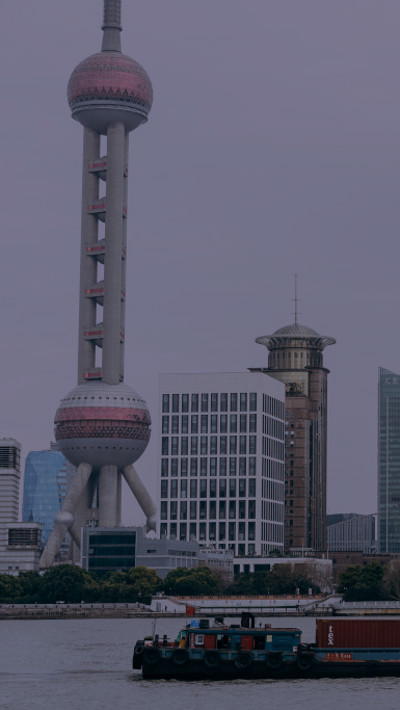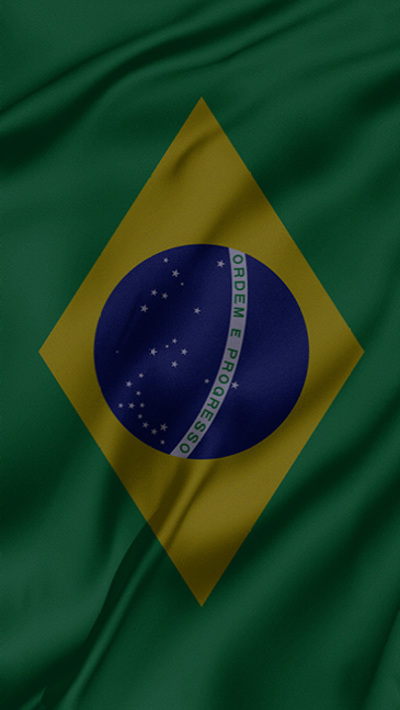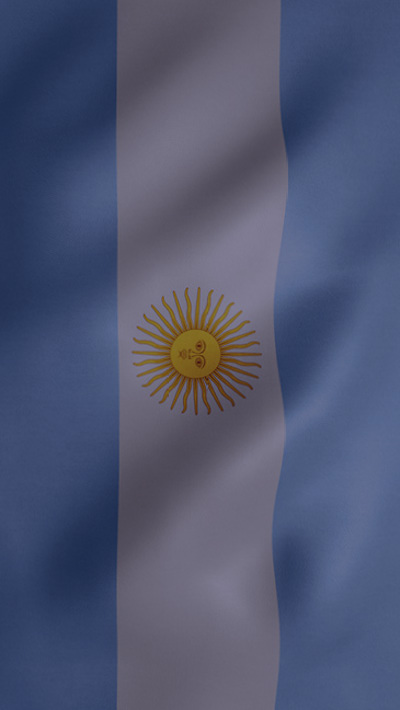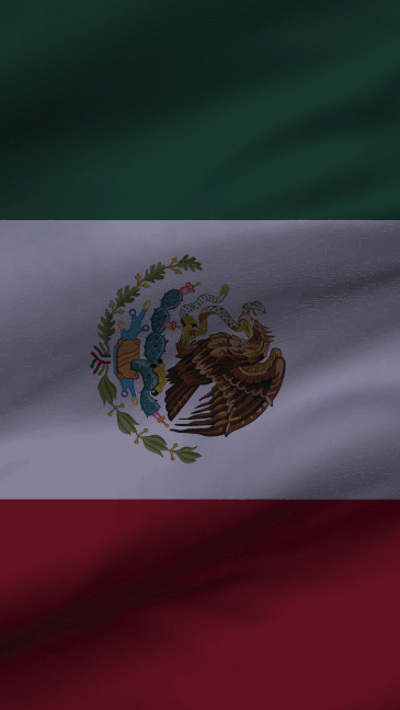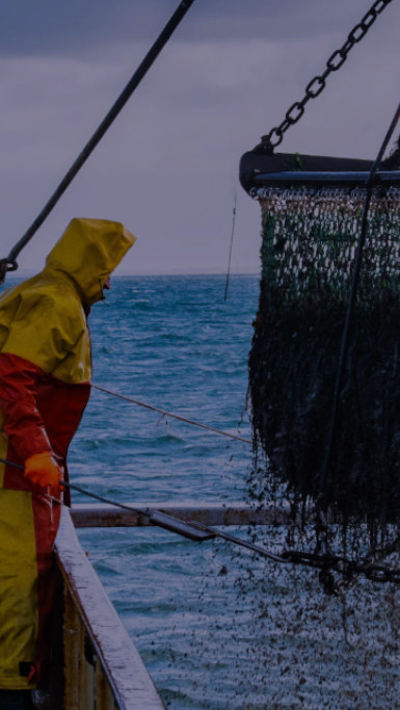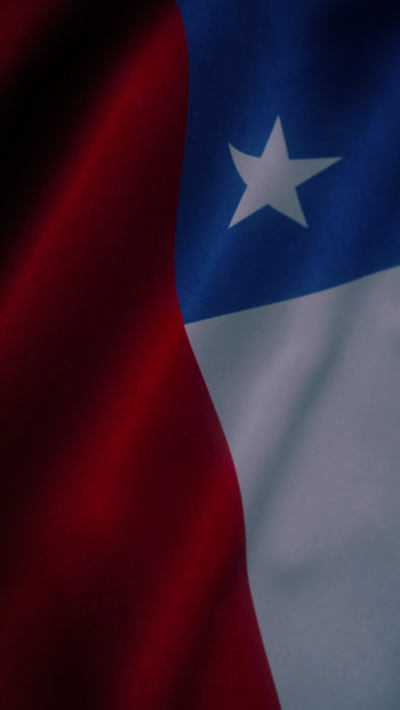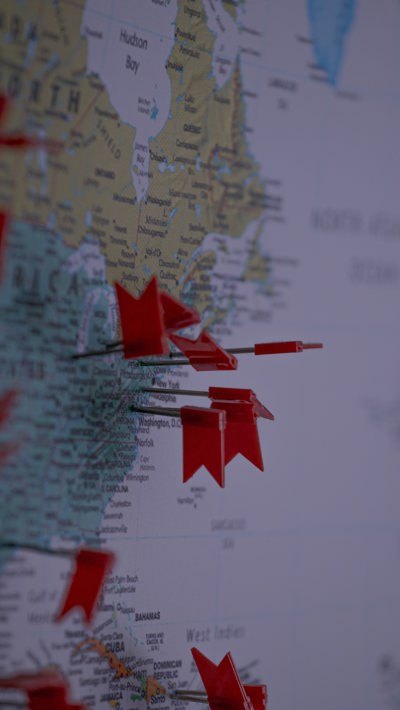Speak to our experts
Contents
Chapman Tripp published its inaugural World Watch in mid-2021. Since then, the international legal system has faced its biggest challenge since World War II, with Russia’s invasion of Ukraine on 24 February 2022.
In this second edition, we report on the unfolding catastrophe in the Ukraine and the international response, the recent EU-NZ FTA, the Indo-Pacific Economic Framework for Prosperity initiative, and New Zealand’s new trade dispute with Canada, together with significant public and private international law developments over the last year.
Chapter 1
Russia’s invasion of Ukraine
International law
New Zealand has condemned Russia’s invasion of Ukraine as a clear violation of international law under the United Nations (UN) Charter, which prohibits the use of force by one member state against the territorial integrity of another member state.
The expression of condemnation declares: “New Zealand believes in the rules-based systems of the United Nations. That a Permanent Member of the UN Security Council has violated the UN Charter, and then used its veto in the Security Council to avoid sanction by the international community is deeply concerning for us and shows an urgent need for reforms to strengthen multilateral institutions”.1
New Zealand’s specific actions to date include:
- co-sponsoring a UN Security Council Resolution on 25 February (vetoed by Russia)
- co-sponsoring a UN General Assembly Resolution on 2 March, deploring Russia’s act of aggression and demanding that Russia withdraw all troops and weapons from Ukraine (141 votes for, five votes against)
- co-sponsoring Ukraine’s bid at the Human Rights Council to establish a Commission of Inquiry to investigate alleged abuses of human rights and violations of international humanitarian law (32 votes in favour, 13 abstentions, and two votes against, including Russia)
- national statements in the UN General Assembly, the Human Rights Council, APEC, the World Food Programme, the Commission on Narcotic Drugs, and the International Energy Agency, and
- referring the atrocities that have taken place in Ukraine to the prosecutor of the International Criminal Court (New Zealand was one of 42 countries to make the referral).
1 See: Russian invasion of Ukraine

New Zealand has also contributed military and humanitarian support, including the deployment of New Zealand Defence Force personnel and equipment.
New Zealand has formally intervened in an action instigated by Ukraine in the International Court of Justice (ICJ) in which Ukraine is arguing that Russia falsely claimed genocide had occurred in the Luhansk and Donetsk regions, as a prelude to its invasion.
Minister David Parker said New Zealand had “a real interest in ensuring the Genocide Convention is properly interpreted and applied. Disputes between states should be resolved by peaceful means, including through the ICJ, and not by the illegal use of force”.
An intervention allows New Zealand to put its views on the proper interpretation and use of the Genocide Convention on the record. This is only the second time that New Zealand has taken such action at the ICJ, the first being Australia’s 2012 case against Japanese whaling in the Southern Ocean.
Ukraine has also taken action in the European Court of Human Rights (ECHR), seeking (and obtaining) interim measures preventing Russia from carrying out military attacks against civilians and civilian objects.
The ECHR interim measures, are “largely symbolic” and its decisions, although legally binding, lack any enforcement mechanism.2 New Zealand’s candidate for the International Law Commission, Dr Penelope J. Ridings, argues that what is needed is to harness international law and multilateral institutions to bring about dialogue and an end to the war.3
2 Julia Crawford, “Ukraine vs. Russia: What the European Court of Human Rights Can (and Can’t) Do, 7 April 2022 (Justiceinfo.net).
3 New Zealand International Review, Vol 47, No. 3, May/June 2022.
Unilateral responses – sanctions and export controls
New Zealand has imposed its own unilateral sanctions, something it has never done before and which required specific legislation – the Russia Sanctions Act 2022 and Russia Sanctions Regulations 2022. These apply to designated individuals, entities, assets and services and include travel bans, asset freezes and prohibitions on dealing with securities of sanctioned persons.
New Zealand has also imposed a 35% tariff on all imports of Russian origin (except for low value goods under NZ$1,000) and prohibited the export of a range of goods to Russia and Belarus. A summary can be found in our recent Brief Counsels – A close look at the Russia Sanctions Act (18 March 2022) and Russia sanctions regulations expanded (26 April 2022).
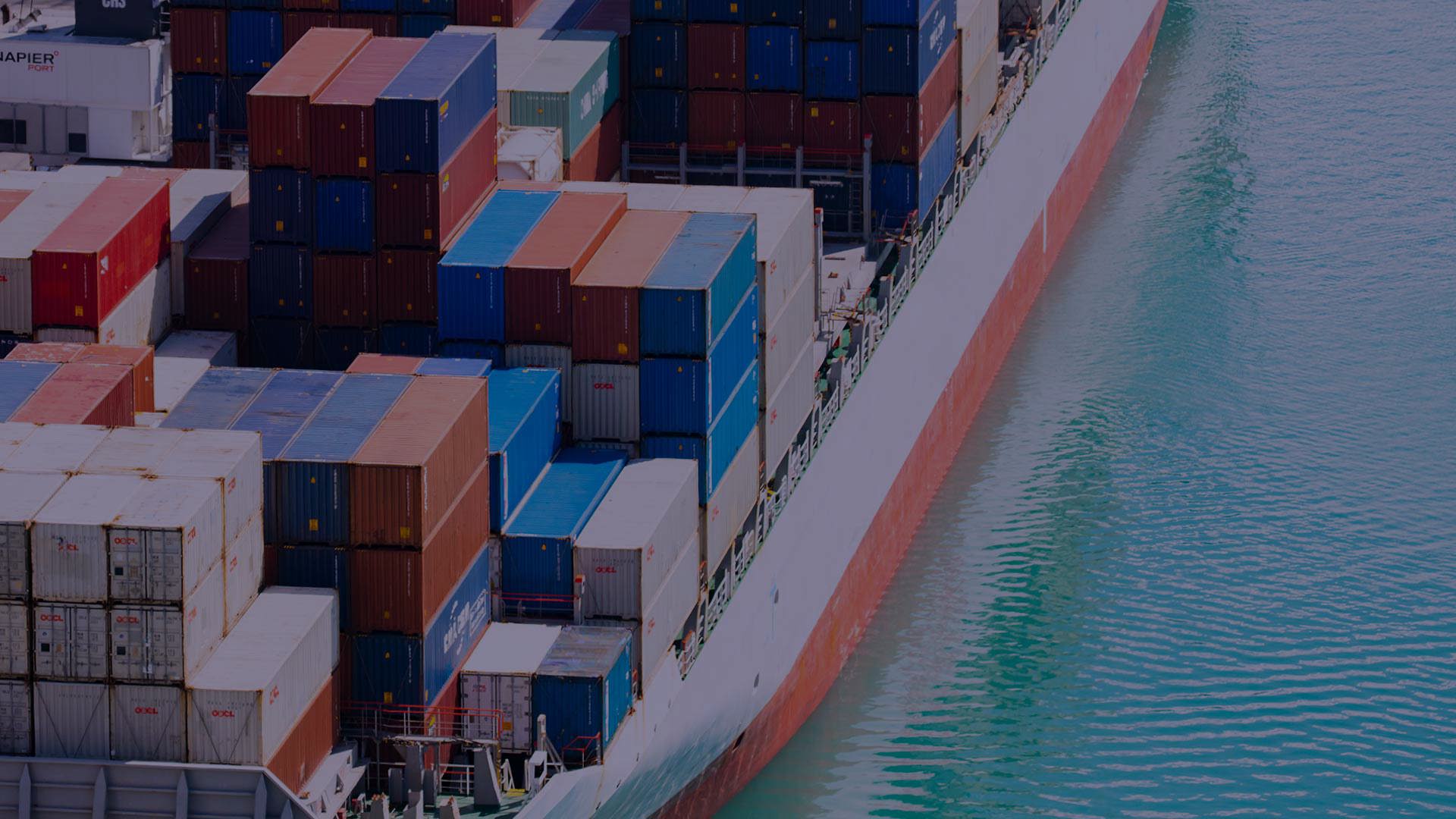
Chapter 2
International trade developments
EU/NZ Free Trade Agreement
New Zealand and the EU have concluded a post-Brexit Free Trade Agreement (FTA), after a tortuous four-year negotiation. Although access for dairy and meat was always going to be problematic, 91% of New Zealand’s current trade into the EU will be duty free from the entry into force of the FTA, rising to 97% upon full implementation after seven years. Read our Brief Counsel for more detail.
Indo-Pacific Economic Framework for Prosperity
The Indo Pacific Economic Framework for Prosperity (IPEF) was formally launched by President Joe Biden on 23 May 2022. Currently there are 12 participating countries: Australia, Brunei, India, Indonesia, Japan, Malaysia, the Philippines, New Zealand, Thailand, Singapore, South Korea, and Viet Nam. Others remain welcome to join and Fiji has announced its intention to do so on 26 May.
From the US perspective, the IPEF is deliberately not a traditional trade agreement so it can be entered into on the decision of the Biden Administration without requiring a vote in Congress. The Joint Statement sets out four pillars for discussion:
- Trade (although explicitly excluding market access commitments and tariff reductions, which may reduce the incentive on partners to sign up to labour and environmental commitments)
- Supply Chains
- Clean Energy, Decarbonisation and Infrastructure, and
- Tax and Anti-corruption.
Participants will be able to choose the areas in which they wish to engage. US officials have indicated a goal of concluding agreements ahead of the US-hosted Asia-Pacific Economic Cooperation (APEC) Leaders’ Meeting in November 2023.
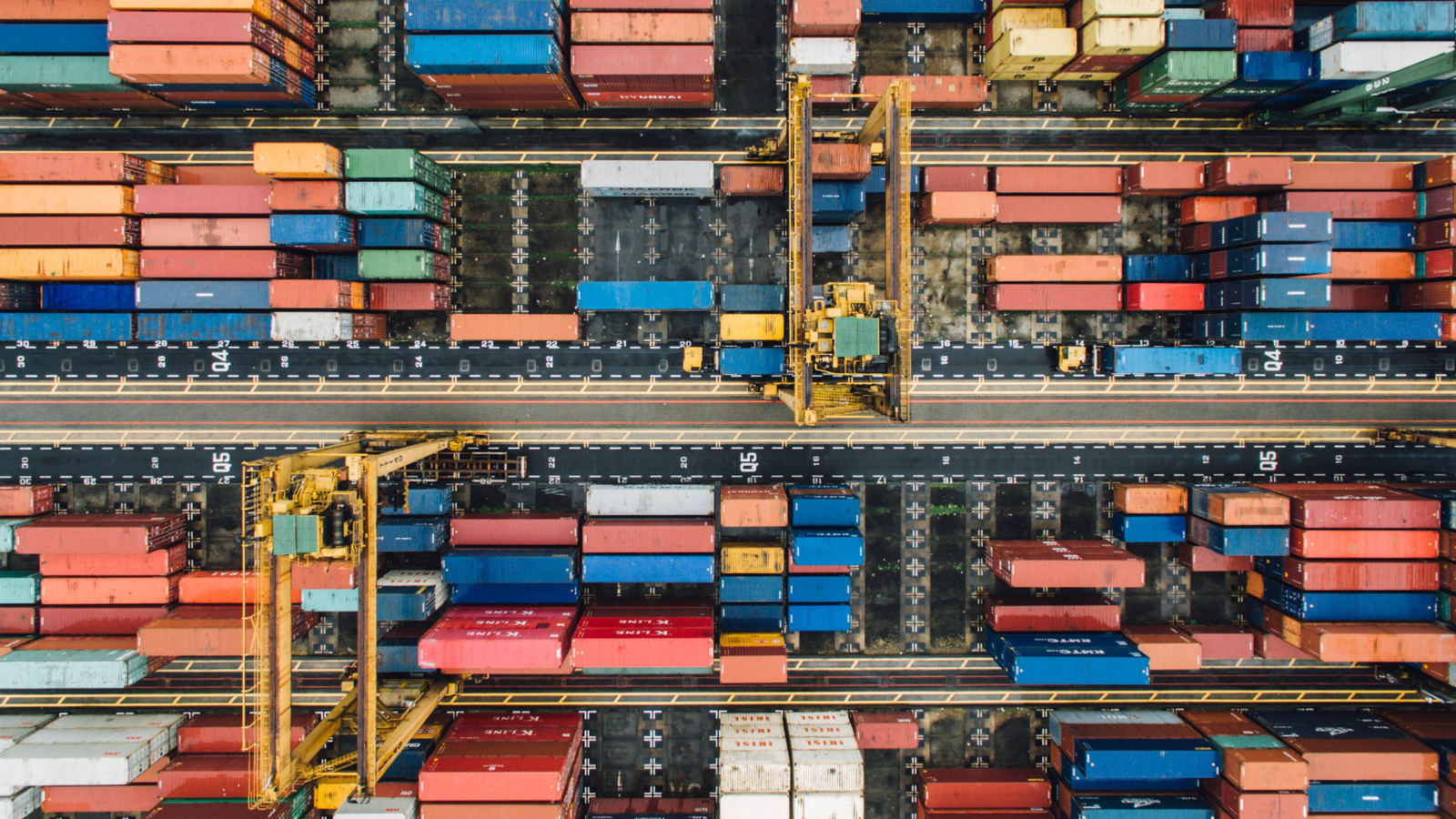
NZ UK FTA
On 1 March 2022, New Zealand and the United Kingdom signed a free trade agreement (FTA) between the two countries. Expectations are that the Agreement will enter into force in late 2022.
RCEP
The Regional Comprehensive Economic Partnership (RCEP) came into force on 2 November 2021 upon ratification by Australia and New Zealand. RCEP creates a free trade zone covering nearly a third of the world’s population and about 30% of global gross domestic product (GDP).
New Zealand already has individual trade deals with many of the RCEP Members, and is bound to others through the Comprehensive and Progressive Agreement for the Trans-Pacific Partnership (CPTPP).
CPTPP
In February 2021, the United Kingdom formally lodged an application to join the CPTPP. It began the accession process in June. On 14 September 2021, China also applied to join, followed by an application from Taiwan a week later, and Ecuador in December 2021. Most recently, South Korea has signalled its intention to join. Discussions among CPTPP Members as to whether to commence formal accession processes are ongoing.
New Zealand Export Control Review
The Ministry of Foreign Affairs and Trade (MFAT) has been instructed to implement the process-based recommendations of an independent review into New Zealand’s Export Controls regime. Further, the Ministry is to develop a stand-alone statute to replace the physical goods focussed Customs and Excise Act 2018.
For more information on RCEP, CPTPP and the Export Control Review, please refer to Chapman Tripp’s International Trade Trends and Insights publication, released in December 2021.
Chapter 3
Cross border dispute resolution
Litigation: private and public international law
Malaysia Airlines Flight MH17
Australia and the Netherlands have initiated dispute settlement proceedings against Russia in the International Civil Aviation Organization (ICAO) Council for the downing of Malaysia Airlines Flight MH17 in 2014.
They announced the decision on 14 March 2022. It followed Russia’s withdrawal from trilateral negotiations in October 2020.
Australia and the Netherlands assert that Russia breached Article 84 of the Convention on International Civil Aviation (the Chicago Convention), which bans the use of weapons against civil aircraft in flight. They are seeking an order which would enable reparations for the injury caused by the breach.1
1 See: Australia and the Netherlands initiate MH17 legal proceedings
Arbitration
New arbitration rules
Amendments have been agreed to the International Centre for the Settlement of Investment Disputes (ICSID) Regulations and Rules, effective from 1 July 2022. They cover a range of important procedural aspects of arbitrations.
Provisional measures: these seek to preserve the rights of parties pending issuance of an award by preventing aggravation of the dispute, staying local court proceedings and preserving investments. The changes will provide greater clarity around the circumstances in which a request for a provisional intervention may be made and the factors tribunals must take into account in considering such requests (including whether the measures are urgent and necessary, and the likely effect on each party).
Transparency: rather than having their consent sought before an award is published, parties will now be deemed to have consented to publication if no written objection is received within 60 days of the award’s dispatch. Where objections are made, the ICSID Secretariat shall publish excerpts of the tribunal’s legal reasoning. In addition, the amended Rules state that the Secretariat shall publish tribunal orders and decisions.
The amendments also promote transparency in respect of: third-party funding (by providing that the parties provide notice of such); non-disputing parties (through new criteria governing their submissions, including their identity, activities, organisation and ownership structure, and whether they are receiving financial or other assistance to file their submission); and observation of hearings (through simplification and clarification of the rules regarding attending third parties).
Costs and security for costs: guidance to tribunals on how to exercise their discretion to decide “how and by whom” costs should be paid.
Special procedures: separation of the rules on preliminary objections, bifurcation, and where a claim is manifestly without legal merit to align them with current arbitral practice.
The ICSID and UNCITRAL Secretariats are continuing their work on creating a draft Code of Conduct for Adjudicators in International Investment disputes.

NZ High Court denial of attempt by Hungary to claim state immunity from ICSID Award
Sodexo Pass International v State of Hungary [2021] NZHC 371
Last year Sodexo Pass International SAS became the first foreign entity to seek formal recognition of an ICSID award in a New Zealand court, and in December 2021 the High Court issued an initial judgment in its favour, dismissing a significant jurisdictional challenge by Hungary.
The determination represented the first statement of New Zealand’s interpretation of states’ international obligations under the ICSID Convention. Chapman Tripp partner Nicola Swan and Daniel Kalderimis, Thorndon Chambers, acted for Sodexo with DLA Piper and Christopher Finlayson QC, Bankside Chambers acting for Hungary.
Justice Cooke declined Hungary’s jurisdictional protest, including the argument that its sovereign immunity prevented the New Zealand courts from considering whether the ICSID award could be enforced in New Zealand. The Court held that the ICSID Convention itself permitted and indeed required New Zealand, as an ICSID Contracting State, to recognise ICSID awards, even where it was not one of the parties to the arbitration in question, and that Sodexo would be free to pursue its application for recognition of the award in New Zealand.
Similar themes were upheld by the Australian Full Federal Court in 2021. In Kingdom of Spain v Infrastructure Services Luxembourg S.à.r.l. [2021] FCAFC 3, the Court rebuffed an attempt by Spain to deny Australian jurisdiction over an arbitral award issued against Spain under the ICSID Convention.
UK Supreme Court getting tough on arbitration clauses – again
Kabab-Ji SAL v Kout Food Group [2021] UKSC 48
The UK Supreme Court, in refusing recognition and enforcement of an arbitral award in Kabab-Ji SAL v Kout Food Group, held that the parties’ nomination of English law for the underlying contract was a sufficient indication that the arbitration agreement within that contract should also be governed by English law.
A key take-away for corporate lawyers and arbitration practitioners is to ensure that any international contract includes a clause specifying the governing law of the contract, as well as a clear arbitration clause specifying where any arbitration will be seated (ie regulated). Close care should be paid in respect of any distinction between the governing law and the law of the seat.
The UK Supreme Court had also traversed this area in Enka v Chubb ([2020] UKSC 38). The Court determined that where an arbitration agreement does not specify a law but the parties have made an express or implied choice regarding the law governing the underlying contract, that choice will generally apply, regardless of where the arbitration is seated. Conversely, where the contract and arbitration agreement contain no express or implied choice of governing law, the law of the seat is likely to be determinative.
The English Court of Appeal had refused Kabab-Ji’s application for recognition of the award, holding that the arbitration agreement itself was to be governed by English law, being the parties’ express choice of law for the main contract, regardless of the parties’ nomination of a French-seated arbitration.
In tandem with the English Court of Appeal judgment, the Paris Court of Appeal rejected an application by Kout Food Group to annul the arbitral award (under appeal). In doing so, the French Court held that French law, not English law, governed the arbitration agreement.
Although the Supreme Court had set out clear principles for determining questions of governing law in its Enka judgment, it heard Kabab-Ji’s appeal on the basis that in Enka it had considered the question as a preliminary determination of the governing law, rather than as an application for recognition and enforcement under the New York Convention.
Faced with the conflicting (albeit extra-territorial) French decision, the Supreme Court preferred the reasoning of the English Court of Appeal. Although it undoubtedly produced an immensely frustrating result for the applicant, the decision upholds a commercially sensible approach to determining the question of governing law. It reflects the fact that parties are unlikely to distinguish between the law governing the overall contract and the law governing the specific arbitration agreement contained within it. If parties wish to do so, such intention must be expressly stipulated in the arbitration agreement.
FTA dispute settlement
New Zealand initiated dispute settlement proceedings against Canada on 11 May 2022 under the Comprehensive and Progressive Agreement for Trans-Pacific Partnership (CPTPP) regarding Canada’s implementation of dairy tariff rate quotas (TRQs).1
New Zealand considers Canada is denying New Zealand exporters the market access to which they are entitled under the CPTPP. Under the CPTPP dispute resolution mechanism, the parties have 30 days to negotiate a solution after which New Zealand may request the establishment of an adjudication panel.
Although New Zealand has brought a number of disputes under the World Trade Organisation (WTO), this is the first taken under a free trade agreement, and by any party under the CPTPP.
1 See: Current WTO disputes
Chapter 4
International regulatory developments
New EU Directive on Corporate Sustainability Due Diligence
On 23 February 2022, the European Commission approved a proposal for a Corporate Sustainability Due Diligence Directive to be implemented by Member States. The obligations will apply to all EU companies, and to foreign companies if they have:
- net turnover of more than EUR150 million in the EU, or
- net turnover of between EUR40 million and EUR150 million, provided that at least 50% of net worldwide turnover was generated in one of the specified “high-risk” sectors.
Small and medium-sized enterprises are excluded.
Key obligations include to:
- integrate due diligence into company policies and update such policies annually
- determine actual or potential harmful effects on human rights and the environment across their own operations, those of their subsidiaries, and within their established business relationships
- prevent potential adverse impacts and bring actual adverse impacts to an end
- establish complaints mechanisms for affected people, trade unions, workers’ representatives and civil society organisations
- review the effectiveness of their due diligence policies at least once every 12 months, and
- publish an annual statement on their website to communicate the relevant due diligence measures taken during the previous year.
Directors are explicitly required to take into account human rights, climate and environmental consequences in acting in the best interests of a company. This includes ensuring that a company’s business model and strategy are compatible with the 1.5ºC goal of the Paris Agreement.
The Directive is yet to be approved by the European Parliament and Council. Member States will then have two years to transpose it into national law.
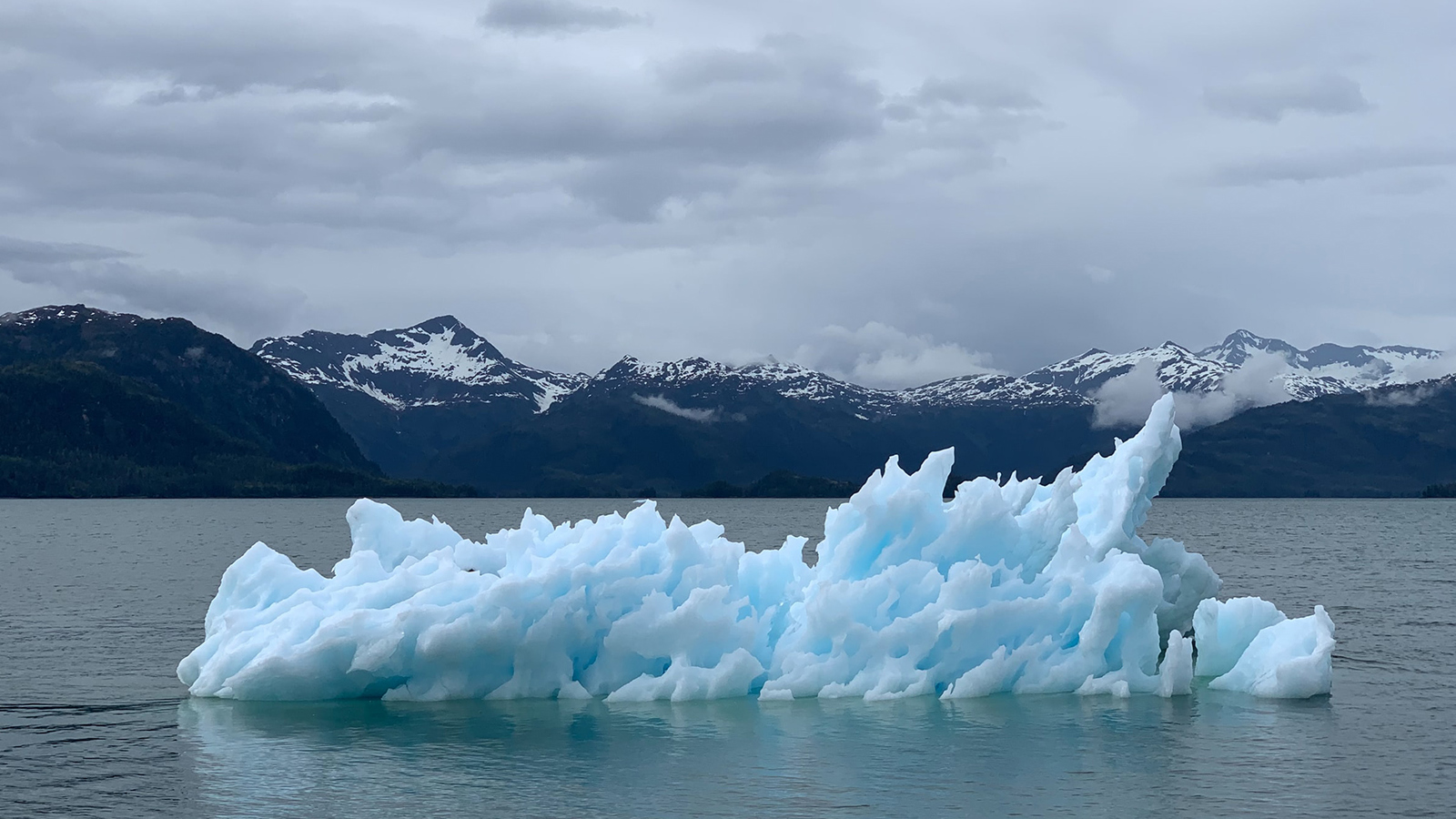
Progress towards COP27 – not startling but steady
The Bonn Climate Change Conference, the first UNFCCC meeting since the adoption of the Glasgow Climate Pact at COP 26 in November 2021, allowed parties to make progress on technical issues and prepare decisions for adoption at COP27 in Egypt in 6-18 November 2022.
The Glasgow Climate Pact highlighted the urgency of remaining within 1.5 degrees of warming. It encouraged countries to strengthen their emissions reduction targets and included unprecedented recognition of the need to phase down unabated coal power and inefficient fossil fuel subsidies.
Technical discussions continue in relation to the Paris Rulebook achievements from COP 26, which included decisions taken on:
- Article 6 (which allows countries to satisfy some of their carbon obligations through cross-country initiatives and sets rules for global carbon markets)
- Article 13 (the Enhanced Transparency Framework, which outlines common reporting tables to track emissions and progress towards meeting nationally determined contributions (NDCs)), and
- common timeframes for states to report NDCs.
Key issues at COP27 will remain implementation of the Paris Agreement, financing for adaptation, compensation for loss and damage, and climate finance.
Pandemic Treaty
A Special Session of the World Health Assembly agreed on 1 December 2021 to negotiate an international instrument – potentially a new treaty – under Article 19 of the World Health Organisation (WHO) Constitution to strengthen pandemic prevention, preparedness and response.
Article 19 provides the World Health Assembly with authority to adopt conventions on any matter within WHO’s competence, and a new international negotiating body will be established to start work. This process is significant as the only treaty established under Article 19 in the WHO’s 73-year history to date is the Framework Convention on Tobacco Control.
Meetings and public hearings are being held through this year with a progress report to the 76th World Health Assembly in 2023 and a final outcome available for consideration by the 77th World Health Assembly in 2024.
Signs of progress in cross-border taxation of multinationals
It has been a long time coming but, on 8 October 2021, 136 countries and jurisdictions agreed to join a Statement on the Two-Pillar Solution to Address the Tax Challenges Arising from the Digitalisation of the Economy (the Statement).
The agreement set off a domino effect with the G20 Finance Ministers and G7 leaders formally endorsing the Statement.
The objective is to prevent multinational companies from shifting their profits to jurisdictions with very low or no corporate income taxes and to recognise that modern technologies have rendered redundant the traditional reliance in tax law on whether a company has a physical presence in a jurisdiction.
There are two substantive aspects to the Statement:
- Pillar One involves reallocation of corporate profits, and
- Pillar Two sets a global minimum corporate tax rate.
Pillar One will “ensure a fairer distribution of profits and taxing rights among countries with respect to the largest multinational enterprises (MNEs), including digital companies. It would re-allocate some taxing rights over MNEs from their home countries to the markets where they have business activities and earn profits, regardless of whether firms there have a physical presence there. Under Pillar One, taxing rights on more than US$125b of profit are expected to be reallocated to market jurisdictions each year”.
The precise boundaries of the definition of “largest and most profitable” multinational enterprises is yet to be determined.
Pillar Two will implement a global minimum corporate tax rate of 15% and introduce a set of interlocking international tax rules to ensure that large multinational businesses pay a minimum level of tax on all profits and in all markets in which they trade. This is expected to generate around US$150b in new revenues annually.

The Statement itself is brief and big picture. The design detail – e.g., the fixed return on baseline marketing and distribution functions, the undertaxed payments rule, and any treaty changes for a “subject to tax” rule – is still under discussion.
Implementation will be coordinated with the removal of all digital services taxes (DSTs) and other relevant measures.
The G7 leaders have called on the OECD/G20 Inclusive Framework on BEPS to move swiftly so that the two-pillar solution can come into effect globally in 2023. This will not be a straightforward task. Significant technical work is needed, including a multilateral instrument to facilitate double tax treaty changes.
The Biden Administration will then face the difficulty of getting it through a narrowly divided Congress, with Republican lawmakers already arguing that the White House is ceding tax authority to foreign countries.
New Zealand Revenue Minister David Parker has welcomed the Statement, saying it will level the playing field.
NZ-Singapore Hydrogen Cooperation Arrangement
The Arrangement of Cooperation on low carbon hydrogen signed by New Zealand and Singapore on 15 July 2021 commits the parties to work together on research and on the production and deployment of hydrogen fuels.
Energy and Resources Minister Megan Woods stated that New Zealand has an “abundance of renewable energy that could be used to produce hydrogen, potentially for export, so this cooperation between us and Singapore, one of our most trusted, reliable, and long-standing partners in Asia, is significant”.
New Zealand entered a similar agreement with Japan in 2018.
Chapter 5
Foreign courts on international obligations
Dutch court requires Shell to reduce greenhouse gas emissions
Milieudefensie et al. v. Shell, 26 May 2021
Royal Dutch Shell has appealed the decision issued against it by a first instance Netherlands court in May 2021 to reduce its net CO2 emissions 45% against 2019 levels by 2030.
The Court held that Shell was bound by a standard of care under the Dutch Civil Code arising out of the European Convention on Human Rights, the UN Guiding Principles on Business and Human Rights, the OECD Guidelines for Multinational Enterprises and the Paris Agreement. The judgment breaks new ground in that it relies on international agreements and non-binding guiding principles to establish a duty of care on corporate entities operating in the Netherlands, without reference to emission reduction targets in domestic legislation.
The Court drew a distinction between the emissions produced by Shell directly, which it required Shell to reduce as a mandatory “obligation of result”, and emissions “with respect to the business relations of the Shell group, including the end-users”, which it encouraged Shell to reduce as a “significant obligation of best efforts”.
The decision follows the equally significant finding of the Dutch Supreme Court in favour of the NGO Urgenda, which required the Dutch Government to reduce emissions by specified amounts, having found that its failure to take adequate action on climate change had violated a duty of care to its citizens.
Similar decisions have also been reached in Belgium and France.1
1 See VZW Klimaatzaak v Kingdom of Belgium & Others [2014] and Notre Affaire a Tous and Others v France [2018].

Final decision from Australia’s top court on duty of care to under-18s
Minister for the Environment v Sharma [2022] FCAFC 35
The Full Federal Court of Australia has unanimously overturned a lower court decision that, when considering whether to allow the expansion of a coal mine, the responsible Minister owed a duty of care to “avoid causing personal injury or death” arising from greenhouse gas emissions to all Australians under 18.
Chief Justice Allsop found that imposition of a duty would necessitate the judicial branch deciding questions of policy which were unsuitable for it to resolve. Justice Beach found that the degree of “closeness” between the Minister and the children was insufficient for such a duty to arise (although he left open the possibility of a future claim if any of the children suffered damage). Justice Wheelahan relied on the legislation itself, but he also found that it was not foreseeable that approval of the coal mine extension would cause personal injury to the children.
Despite allowing the Minister’s appeal, the Court left in place the lower court’s findings about the risk of climate change to children. The Full Federal Court noted that “the nature of the risks and the dangers from global warming, including the possible catastrophe that may engulf the world and humanity” were never in dispute.
Chapter 6
International treaties and United Nations (UN)
Marine biodiversity beyond national jurisdiction
New Zealand is participating in negotiations towards a new treaty for the conservation and sustainable use of marine biodiversity in areas beyond national jurisdiction (known as Biodiversity Beyond National Jurisdiction, or BBNJ). These areas comprise 95% of the ocean and provide invaluable ecological, economic, social, cultural, scientific and food-security benefits to humanity.
The new treaty will come under the umbrella of the UN Convention on the Law of the Sea (UNCLOS). Discussions have been ongoing since the Intergovernmental Conference (IGC) was convened under the UN General Assembly Resolution 72/249 of 24 December 2017.
At the IGC’s March 2022 meeting, delegates discussed issues related to the four pillars of: marine genetic resources (including questions on benefit sharing), area-based management tools, environmental impact assessments, and capacity building and the transfer of marine technology. A further session is scheduled for August 2022.

Artemis Accord update
New Zealand has become the 11th country to sign the Artemis Accords with the National Aeronautics and Space Administration (NASA). Other signatories are: Australia, Canada, Italy, Japan, Luxembourg, the Republic of Korea, the United Arab Emirates, the United Kingdom, the United States and Ukraine.
The Artemis Accords are a non-binding commitment to “increase the safety of operation, reduce uncertainty, and promote the sustainable and beneficial use of space for all humankind”. They establish rules and norms of behaviour around interoperability, transparency, the release of scientific data, safe disposal of debris, sustainable use of resources, and prevention of harmful interference in space activities.
Foreign Minister Nanaia Mahuta said, “As one of only a small number of states with space launch capability we take responsibilities of kaitiakitanga of the space environment seriously. New Zealand is committed to ensuring the next phase of space exploration is conducted in a safe, sustainable and transparent manner and in full compliance with international law”.
The New Zealand space industry was estimated to be worth NZ$1.7b in 2019 and has been growing since. New Zealand’s low aircraft traffic volumes, small population, geographic isolation, clear skies and good internet make it a compelling country for rocket launches.
There are about 240 space-related companies in New Zealand. The largest, Rocket Lab, was established in 2006 and operates a launch base in Mahia in New Zealand’s North Island. The company accounts for 1.5% of global private investment in space and was listed on the Nasdaq stock exchange in August 2021.
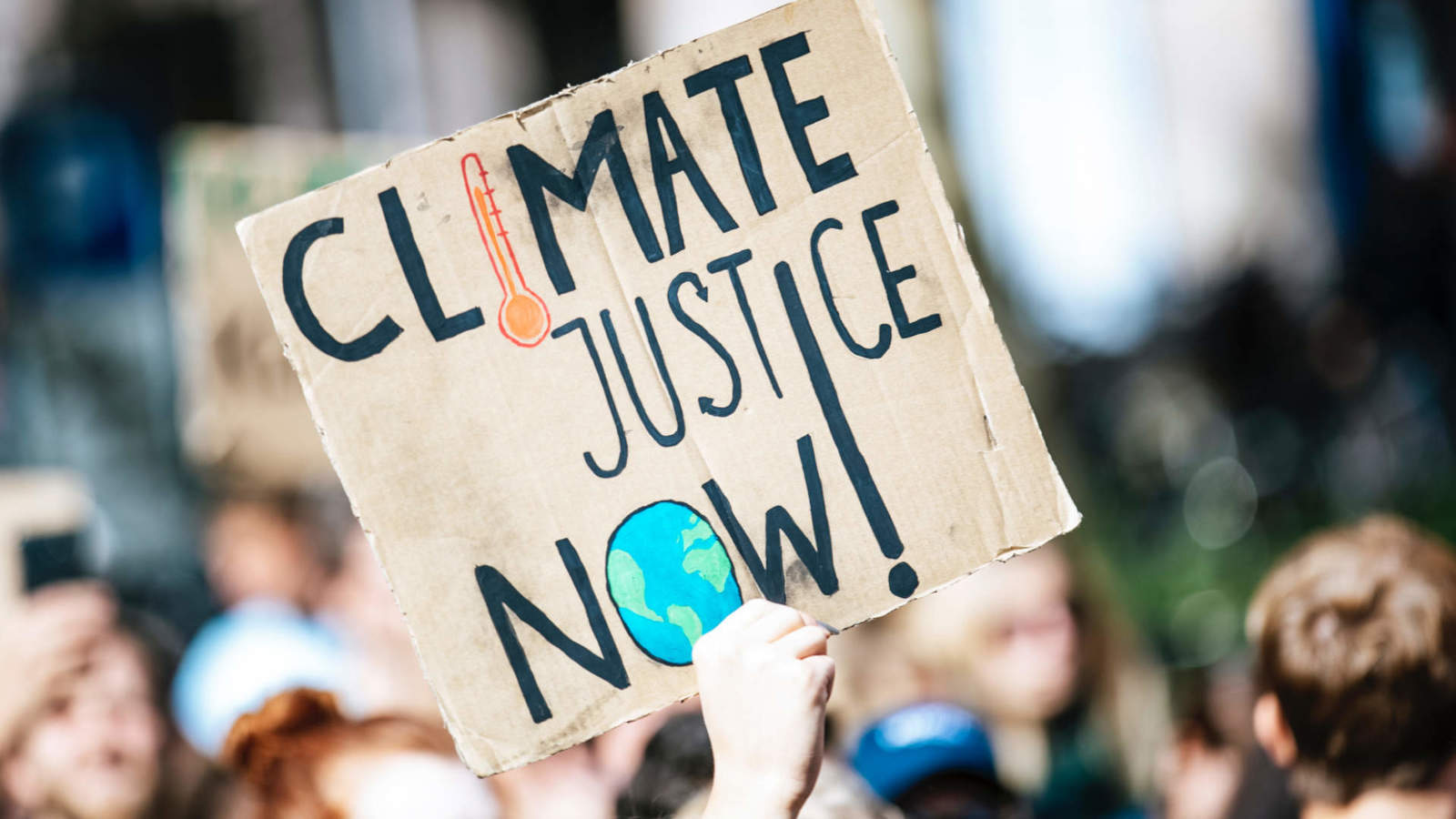
UN urged to declare system wide, Level 3 climate emergency
In November 2021, a group of youth climate activists submitted a petition to UN Secretary-General António Guterres, asking him to declare a system wide, Level 3 climate emergency in recognition of the impacts of climate change on human rights and the rights of the child.
The effect of such a declaration would be to place climate action at the top of the agenda for each UN agency.

UN General Assembly Adopts Resolution on Vetoes
Under a resolution adopted on 27 April 2022, a meeting of the UN General Assembly will be convened automatically within 10 working days of the veto being used in the Security Council by any of the veto-holding nations, being Britain, China, France, Russia and the United States.
The resolution was initiated by Liechtenstein after Russia used its veto power to strike down a Security Council measure condemning its aggression in the Ukraine. It reflects the view that all Member States of the UN have a responsibility for the maintenance of international peace and security and that the membership as a whole should be given a voice when the Security Council is unable to act.
Liechtenstein Ambassador Christian Wenaweser said “there has never been a stronger need for effective multilateralism than today. And there has never been a stronger need for innovation in order to secure the central role and voice of the United Nations in this respect”.

UN Convention on Cybercrime
In 2021, the Ministry of Foreign Affairs and Trade (MFAT) sought submissions on the newly proposed United Nations Convention on Cybercrime. This came shortly after the New Zealand Government confirmed that it would be joining the European Convention on Cybercrime (the Budapest Convention). See Chapman Tripp’s previous commentary here.
A draft UN convention is expected to be submitted for review by the 78th session of the General Assembly in 2023.

UN Committee on the Rights of the Child opens door to climate justice ruling
The UN Committee on the Rights of the Child has opened the door to future climate justice rulings by accepting that States are legally responsible for the harm created to children outside their borders by greenhouse gas (GHG) emissions originating within their territory.
The finding, in October 2021, was in response to a petition filed by 16 children, one of them Greta Thunberg, alleging that Argentina, Brazil, France, Germany and Turkey had violated the UN Convention on the Rights of the Child by failing to take sufficient action to reduce GHG emissions.
Although the Committee rejected the petitioners’ claims as inadmissible due to failures to exhaust local remedies (judicial avenues in their home states), it accepted the substance of their argument that children’s rights to life, health and culture are subject to foreseeable GHG threats.
Chapter 7
Pacific
China concludes significant security agreement with Solomon Islands
China and the Solomon Islands signed a security agreement in April, the first of its kind in the region, causing a ripple of concern in Washington DC, Canberra, Wellington and other capitals.
The text has not been made public, but is believed to be close to a version leaked by the Solomon Islands government in March. This focused on boosting the national security capacity of the Solomon Islands, responding to significant domestic security concerns, and provided for cooperation in areas including humanitarian assistance, disaster response, and efforts to maintain social order.
A provision that drew particular attention stated that China can “make ship visits to, carry out logistical replacement in, and have stopover and transition in Solomon Islands,” as well as send Chinese forces to the country to “protect the safety of Chinese personnel and major projects.”
New Zealand Prime Minister Jacinda Ardern acknowledged that “this is a sovereign nation making a decision around its own security relationships”. However, she also stated that New Zealand sees “no need for this agreement” and expressed concern over the militarisation of the Pacific.
Australia has since announced a new aid package for the Solomon Islands and plans to station a second, gifted patrol boat for fisheries protection in Temotu Province.
In May, China’s foreign minister, Wang Yi, embarked on an eight-country tour of the Pacific, with the goal of forming a comprehensive security partnership. Pacific Island leaders have agreed to co-operate in five areas, including health, disaster management and agriculture, and have left the way open for future discussion.
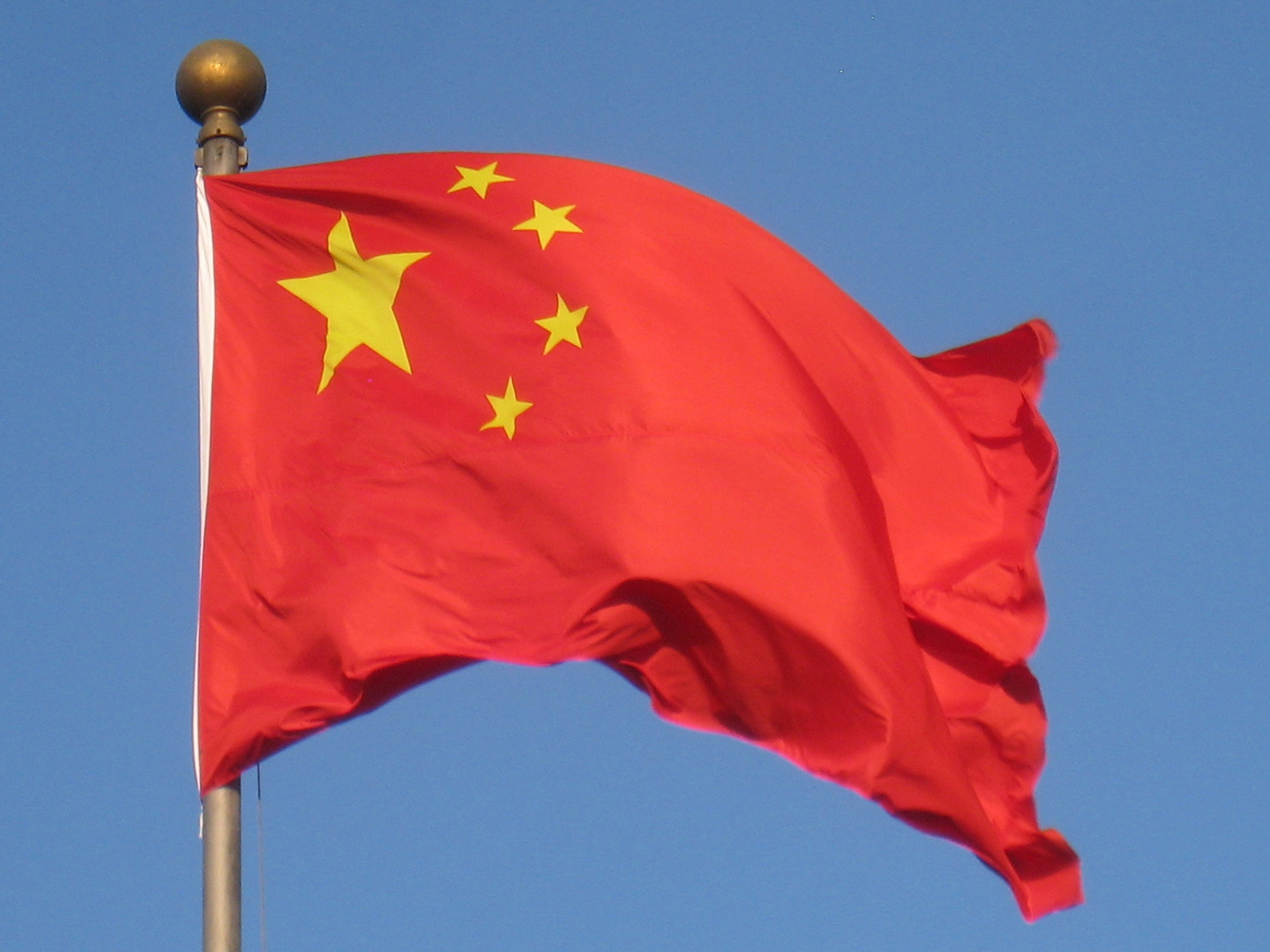
Deep-sea mining in the Pacific
In June last year, the Republic of Nauru requested that the International Seabed Authority (ISA) finalise deep sea mining regulations and put in place procedures for their implementation.
The Canadian-based Metals Company has set up three subsidiaries which Nauru, Tonga and Kiribati have respectively sponsored to obtain exploration contracts from ISA. At the same time, the Pacific Regional Non-Governmental Alliance, Greenpeace and the World Wildlife Fund are calling for a moratorium until the risks are better understood.
The ISA has a mandate under the UN Convention on the Law of the Sea (UNCLOS) to control activities on the deep sea floor in areas beyond the limits of national jurisdiction. It has developed 29 contracts governing the exploration of polymetallic nodules to power reusable electric vehicle batteries – likely to be valuable in the transition to a low carbon economy. However, a regime to regulate the exploitation of these materials is yet to be finalised.
Nauru is consulting with stakeholders on the potential environmental impacts of mining, while the ISA works to develop procedures by 2023.
Declaration on sea-level rise and maritime zones
In August last year, the Pacific Islands Forum (PIF) issued the ‘Declaration on Preserving Maritime Zones in the Face of Climate Change-Related Sea-Level Rise’. The 18 Leaders declare their intention
"…once having, in accordance with the Convention, established and notified [their] maritime zones to the Secretary-General of the United Nations, …to maintain these zones without reduction, notwithstanding climate change-related sea-level rise".
The move responds to concerns that rising sea levels will erode existing coastlines and natural geographic features that are essential to the setting of states’ maritime zones.
Maritime zones, and the resource rights that come with them, are guaranteed under UNCLOS and are crucial to Pacific economies. At its core, the Declaration proclaims that affected Pacific countries have the right to develop international law to address the threats associated with rising sea levels.
















